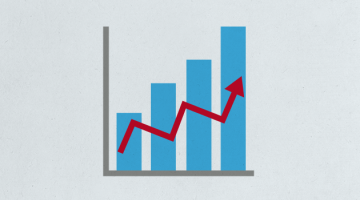Is The Peer Review Crisis A Patent Application Crisis?
The impact of crisis of reproducibility on the patent system.
Send us a link
The impact of crisis of reproducibility on the patent system.
The revised Code addresses recent and emerging challenges emanating from technological developments, open science, citizen science and social media, among other areas.
The scale of "fake research" in the UK appears to have been underestimated, a BBC investigation suggests.
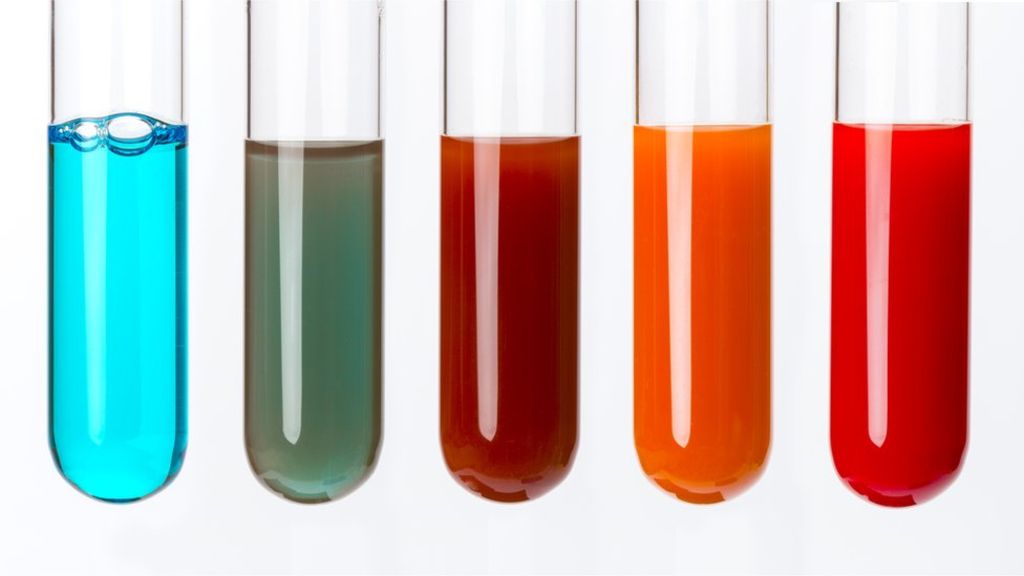
Agency attempts to set the record straight after suggesting rise in cases.
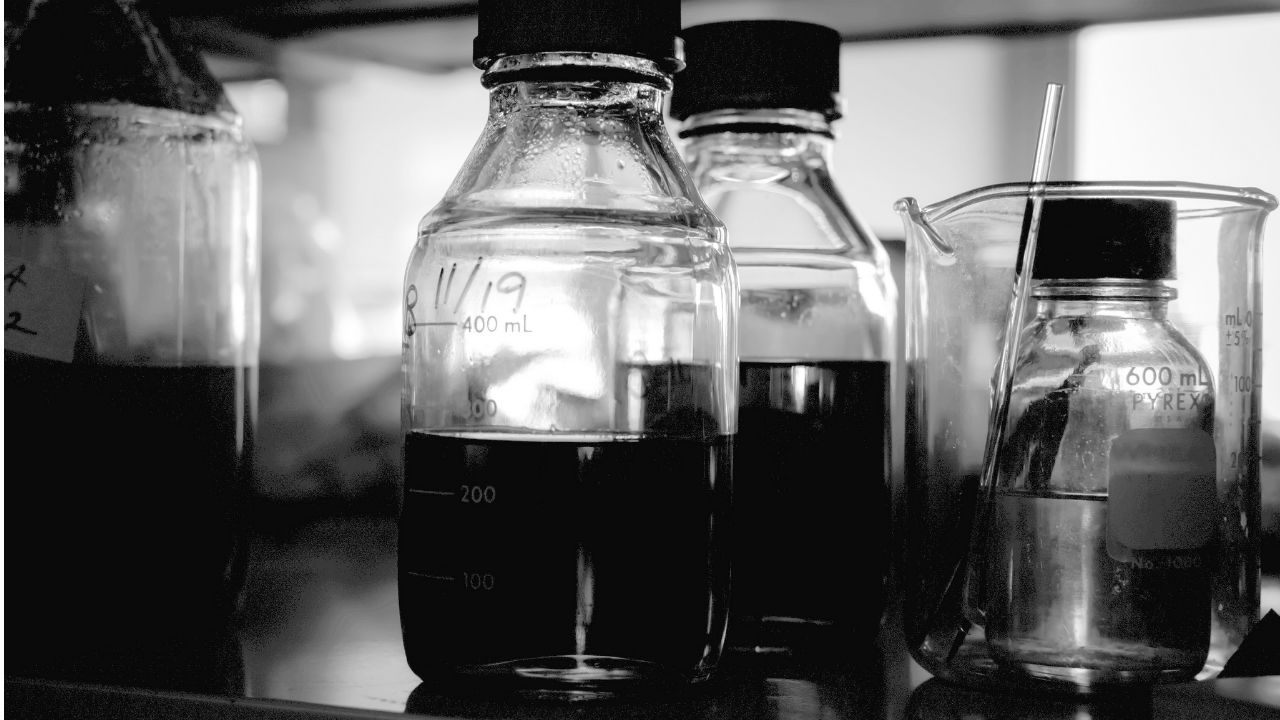
But the pressure to publish might not be such a problem after all.
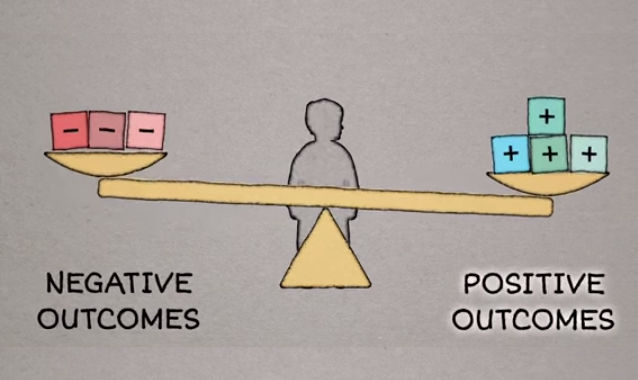
A cross-sectional comparison of characteristics of potential predatory, legitimate open access, and legitimate subscription-based biomedical journals.

When Dr. Fraud applied to 360 randomly selected open-access academic journals asking to be an editor, 48 accepted her and four made her editor in chief.
Misconduct in academia isn’t rampant but should be taken more seriously: let’s consider independent anti-corruption units

We asked three experts for their takes.

It often feels as though today’s health headlines are some scientific version of Mad Libs. And now there’s a study that provides evidence for that hunch.

How to prevent, diagnose, and treat the five diseases of academic publishing.

A solution to fix the replication crisis in science: why do scientists not simply sell what they learn from their research?
There are a few red flags to look out for when reading about new scientific discoveries that can help you spot dodgy or unreliable work.
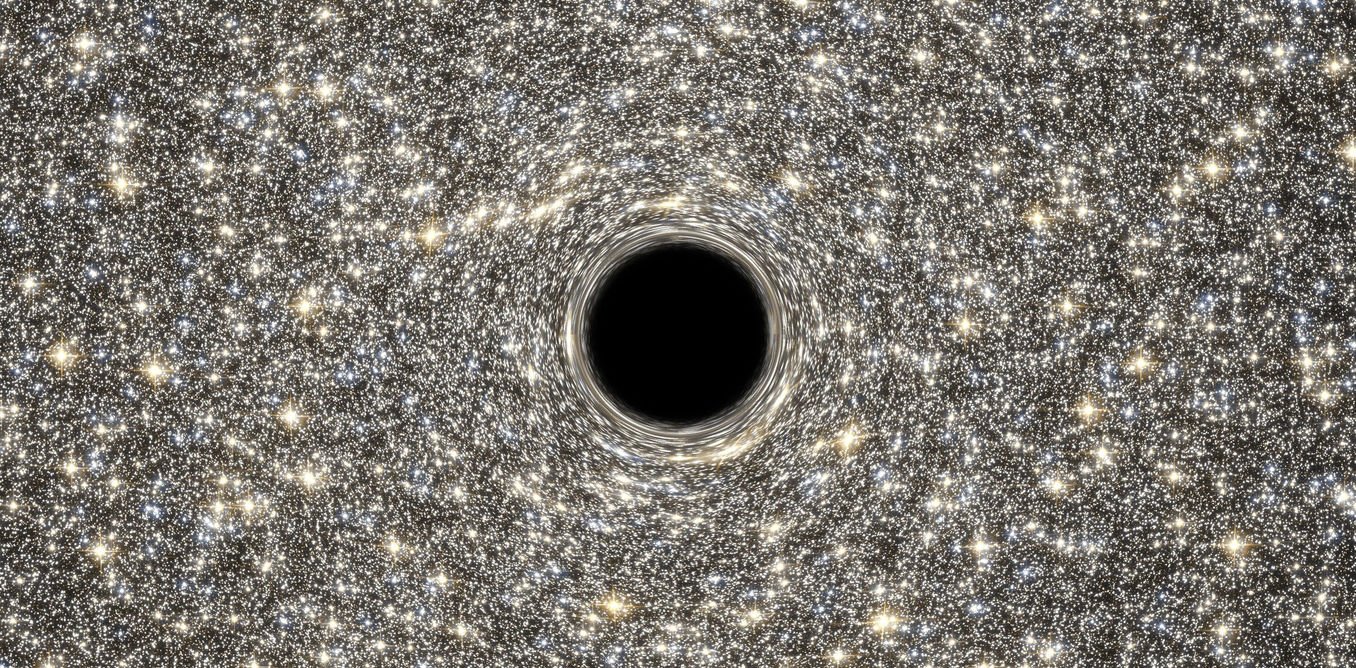
232 new predatory open-access publishers over 2016.
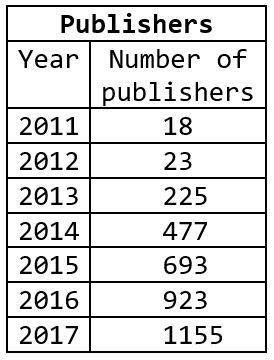
There’s no shortage of misinformation in the world — particularly around health and science topics.

Scientists should challenge online falsehoods and inaccuracies — and harness the collective power of the Internet to fight back, argues Phil Williamson.

The Office of Research Integrity shares a series of infographics addressing the Responsible Conduct of Research and the handling of research misconduct.
Researchers acting to maximise their fitness should spend most of their effort seeking novel results and conduct small studies that have only 10%–40% statistical power. As a result, half of the studies they publish will report erroneous conclusions. Current incentive structures are in conflict with maximising the scientific value of research; we suggest ways that the scientific ecosystem could be improved.
A vibrant scientific culture encourages many interpretations of evidence.

Progress update from symposium sponsors: The Academy of Medical Sciences, the BBSRC, the MRC and Wellcome Trust.
These days, a scientist has to publish a steady stream of research articles to be “successful.” But two new studies argue that that kind of pressure promotes sloppy science at the expense of careful work.
A Cross-Sectional Study
A torrent of low-quality meta-analyses and systematic reviews in biomedicine might be hiding valuable research and misleading scientists.
